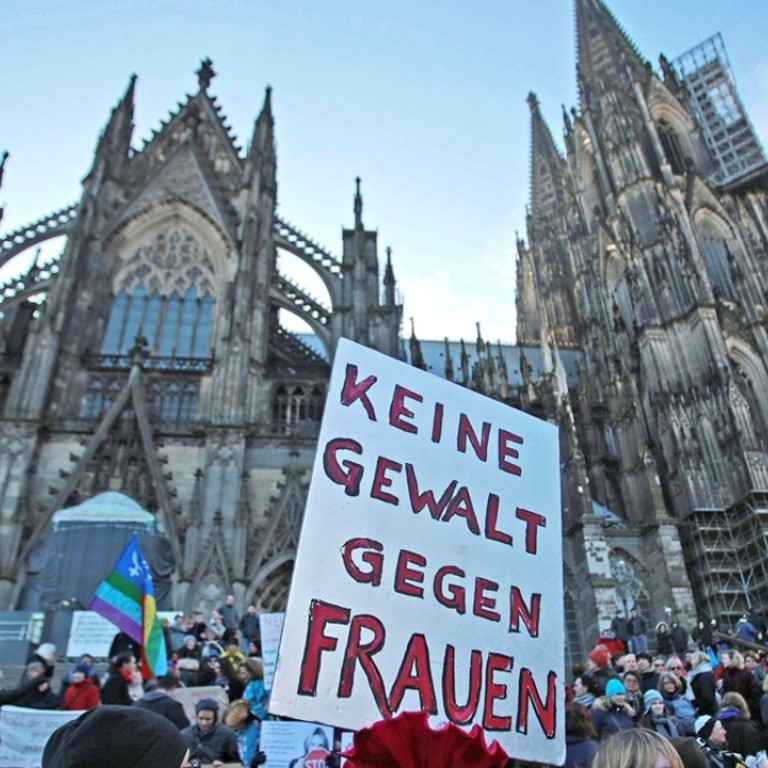
Wealthy nations have an obligation to take in refugees whose lives have been torn apart
Solving the crisis in the Middle East and elsewhere will take political will, time, energy and money, and countries like Germany have the resources to do so
There has been no more welcoming country in Europe to the flood of refugees from Syria and other conflict-ridden areas than Germany. More than one million asylum seekers have already made their way to the nation under Chancellor Angela Merkel’s open-door policy and they continue to do so. But as elsewhere on the continent, there is a growing backlash that the social and economic cost is too much to bear and the tide should be stemmed, if not stopped. Merkel’s political standing is being threatened along with European solidarity, values and civility.
Conservatives from within Merkel’s coalition government have joined the opposition in calling for numbers to be limited. Pressure has been building in the face of a lack of desire by European countries to shoulder the ever-rising cost of taking in refugees. The terrorist attacks in Paris in November further raised the heat and Sweden, with Germany the most welcoming of Europe’s 46 countries, has tightened border controls. Sex attacks by scores of young men described by authorities as having a North African or Middle Eastern appearance against hundreds of women in Cologne and Hamburg on New Year’s Eve have placed the chancellor in an even more precarious position.
The assaults add fuel to concerns by Germans and others in Europe that controlled migration is the only way to properly integrate newcomers into communities. Most of the migrants are young men from Muslim countries that have socially conservative cultures. In the face of protests, Merkel has backed a tougher stand on migrants who have broken laws and Cologne’s police chief has stepped down.
Newcomers have to respect the culture and laws of the countries they move to. But the refugee crisis is also a challenge that the world’s wealthiest nations have to work together to resolve. Solving it will take political will, time, energy and money. Until peace can be brought to the trouble spots of the Middle East and elsewhere, governments and citizens have to welcome and protect those whose lives have been torn apart.

